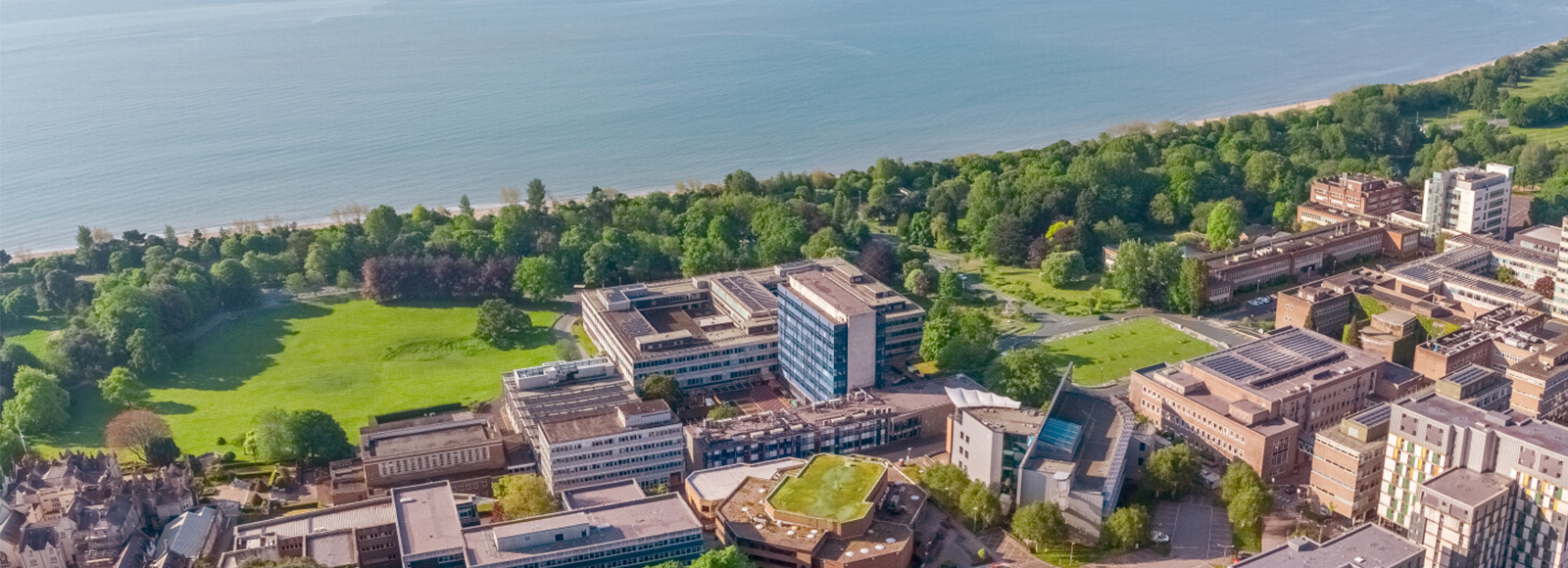- ...
Masters Compare - Find your perfect masters course.


Closing date: 3 September 2024
Funding providers: EPSRC iCASE and NSG Pilkington
Subject areas: Photodetectors, Semiconductors, Electronics, Optoelectronics
Project start date:
Supervisors:
Aligned programme of study: PhD in Physics or Materials Engineering
Mode of study: Full-time
Project description:
Advanced glass technology with added electronic functionality is increasingly prevalent in areas such as smart displays (think about the touch screen on a smart phone or tablet), IOT sensing and next generation healthcare devices. In addition, the use of glass substrates in advanced semiconductor devices is a huge new opportunity. This project focuses up these opportunities, and will entail early-stage concept investigations of the integration of transparent / semi-transparent optoelectronics and electronic circuitry on glass with advanced semiconductor functional elements. This PhD project will be undertaken in close collaboration with (and is sponsored by) a multinational glass and coatings company and will be undertaken within the new Centre for Integrative Semiconductor Materials (CISM) – Swansea University’s flagship new £55M facility for advanced semiconductor research and development.
This studentship will also be part of an exciting new Doctoral Training Initiative called UK Semiconductor Industry Future Skills or UK-SIFS for short. UK-SIFS will create a vibrant, multi-disciplinary cohort experience for all our students and provide highly practical training of substantial value to those interested in careers in the semiconductor and related sectors such as optoelectronics and clean energy. You will also have a chance to work with a large range of industrial partners such as NSG Pilkington, who will not only deliver training content but also co-supervise research and host secondments. We would particularly welcome appropriately qualified applicants with experience from other industry sectors looking to embark on a new career journey in semiconductors. If you want to undertake cutting edge research in world class facilities closely linked to the rapidly expanding UK semiconductor, glass and optoelectronics sectors, then UK-SIFS is your opportunity.
Application areas: IOT, imaging and artificial / machine vision, monitoring the built environment, extreme environment encapsulation, diagnostics, LIDAR and local communications protocols.
For more details please see here: https://www.swansea.ac.uk/postgraduate/scholarships/research/science-engineering-epsrc-nsg-phd-advanced-2023-rs681.php
Candidates must hold a UK bachelor’s degree with a minimum of Upper Second Class honours or overseas bachelor’s degree deemed equivalent to UK Bachelor (by UK ECCTIS) and achieved a grade equivalent to UK Upper Second Class honours OR a master’s degree with a minimum overall grade at ‘Merit’ (or Non-UK equivalent as defined by Swansea University).
Due to funding restrictions, this scholarship is open to applicants eligible to pay tuition fees at the UK rate only, as defined by UKCISA regulations.
English Language: IELTS 6.5 Overall (with no individual component below 6.0) or Swansea University recognised equivalent. Full details of our English Language policy, including certificate time validity, can be found here.
If you have any questions regarding your academic or fee eligibility based on the above, please email [email protected] with the web-link to the scholarship(s) you are interested in.
This scholarship covers the full cost of UK tuition fees and an annual stipend at UKRI rate (£19,237 for 2024/25). An additional £2,500 top-up will be provided each year.
Additional research expenses will also be available.
To apply, please complete your application online with the following information:
In the event you have already applied for the above programme previously, the application system may issue a warning notice and prevent application, in this event, please email [email protected] where staff will be happy to assist you in submitting your application.
*It is the responsibility of the applicant to list the above information accurately when applying, please note that applications received without the above information listed will not be considered for the scholarship award.
One application is required per individual Swansea University led research scholarship award; applications cannot be considered listing multiple Swansea University led research scholarship awards.
As part of your online application, you MUST upload the following documents (please do not send these via e-mail). We strongly advise you to provide the listed supporting documents by the advertised application closing date. Please note that your application may not be considered without the documents listed:
Informal enquiries are welcome; please contact Rhian Jones (Rhian[email protected]).
*External Partner Application Data Sharing – Please note that as part of the scholarship application selection process, application data sharing may occur with external partners outside of the University, when joint/co- funding of a scholarship project is applicable.
Due to funding restrictions, this scholarship is open to applicants eligible to pay tuition fees at the UK rate only, as defined by UKCISA regulations.

Discover a range of postgraduate research funding opportunities at Swansea University Now more than ever, we recognise the importance of offering a ...